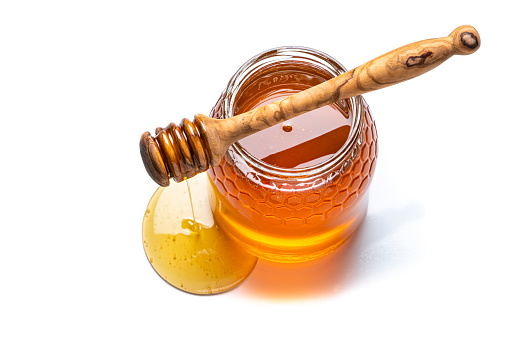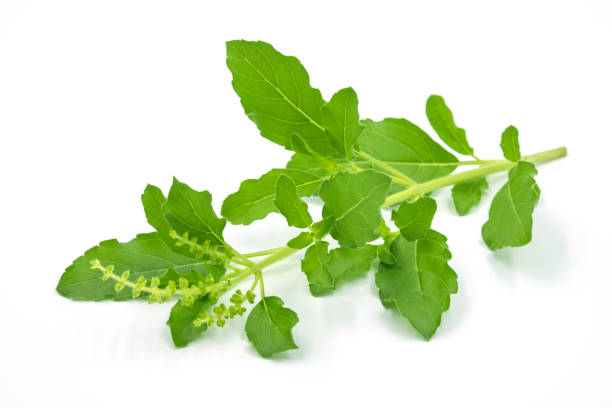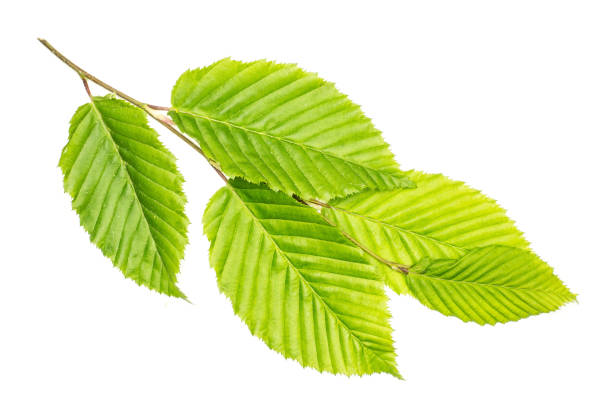Pleurisy, or pleuritis, is an inflammatory condition affecting the pleura—the thin tissue layers that line the chest cavity and envelop the lungs. This inflammation can result in sharp chest pain, shortness of breath, and persistent coughing. While conventional medical treatments are available, many people seek natural remedies to ease discomfort and support healing.
In this article, we explore several natural options that may help alleviate pleurisy symptoms. These remedies should complement—not replace—professional medical care. Always consult a healthcare provider before starting any new treatment, especially if you are on medication or have pre-existing health conditions.
1. Ginger
Ginger is a powerful natural anti-inflammatory agent that may provide relief from the pain and swelling associated with pleurisy. Rich in gingerol and other bioactive compounds, it helps reduce inflammation and supports respiratory health by loosening mucus and clearing airways.
How to Use:
-
Drink ginger tea by steeping fresh grated ginger in hot water.
-
Add it to soups, broths, and curries for additional benefits.
Note: While ginger is generally safe, it may interact with certain medications. Speak to a healthcare provider before regular use.
2. Garlic

Known for its strong antibacterial and antiviral properties, garlic can also serve as a natural remedy for pleurisy. It combats bacteria that may cause chest infections and reduces inflammation, making it beneficial for respiratory conditions.
How to Use:
-
Consume one raw garlic clove on an empty stomach daily.
Caution: Consult your doctor before using garlic therapeutically, especially if you are on blood thinners or other medications.
3. Honey

How to Use:
-
Take a spoonful of raw honey daily.
-
Mix it into warm tea or water for added comfort.
Reminder: Always consult a physician to confirm honey is appropriate for your condition.
4. Eucalyptus
Eucalyptus essential oil is known for its ability to reduce inflammation and alleviate pain. It works by blocking pro-inflammatory compounds like cytokines and prostaglandins. Additionally, its antimicrobial qualities help ward off infections.
How to Use:
-
Add a few drops of eucalyptus oil to hot water and inhale the steam.
-
Use it in a warm bath or on a warm towel for steam inhalation therapy.
Important: Always consult a doctor before using eucalyptus oil, especially if you have respiratory conditions or are taking medication.
5. Licorice Root
Licorice is a well-regarded herbal remedy for respiratory issues, including pleurisy. It contains natural compounds that reduce inflammation by inhibiting pro-inflammatory pathways, and it also has antimicrobial effects.
How to Use:
-
Drink licorice tea or take it as a supplement.
-
Blend with other herbs for a soothing herbal infusion.
Warning: Prolonged use may lead to side effects like elevated blood pressure. Always use under medical supervision.
6. Cayenne Pepper
Cayenne pepper contains capsaicin, which is known for its anti-inflammatory and pain-relieving properties. It can block substance P, a neurotransmitter involved in pain transmission, providing relief from pleuritic discomfort.
How to Use:
-
Add small amounts to food or teas.
-
Use capsaicin-based topical creams with caution.
Precaution: Cayenne may irritate sensitive tissues and interact with medications. Always consult your doctor before use.
7. Tulsi (Holy Basil)

How to Use:
-
Chew fresh tulsi leaves.
-
Prepare tulsi tea using dried leaves steeped in hot water.
8. Caraway Tea
Caraway seeds are rich in carvone, an anti-inflammatory compound that may help reduce prostaglandin production—key contributors to inflammation. Caraway has traditionally been used to relieve chest pain and inflammation related to pleurisy.
How to Use:
-
Steep 1/4 to 1/2 teaspoon of ground caraway seeds in hot water to make a calming tea.
9. Slippery Elm

How to Use:
-
Make slippery elm tea by steeping the bark in boiling water.
-
Take lozenges or supplements as recommended.
Conclusion
Natural remedies can play a supportive role in managing pleurisy symptoms, particularly in easing inflammation, improving respiratory function, and preventing infections. However, they should never be used as a substitute for professional medical treatment. Always consult with a qualified healthcare provider to ensure the remedies are safe and appropriate for your individual health needs.
